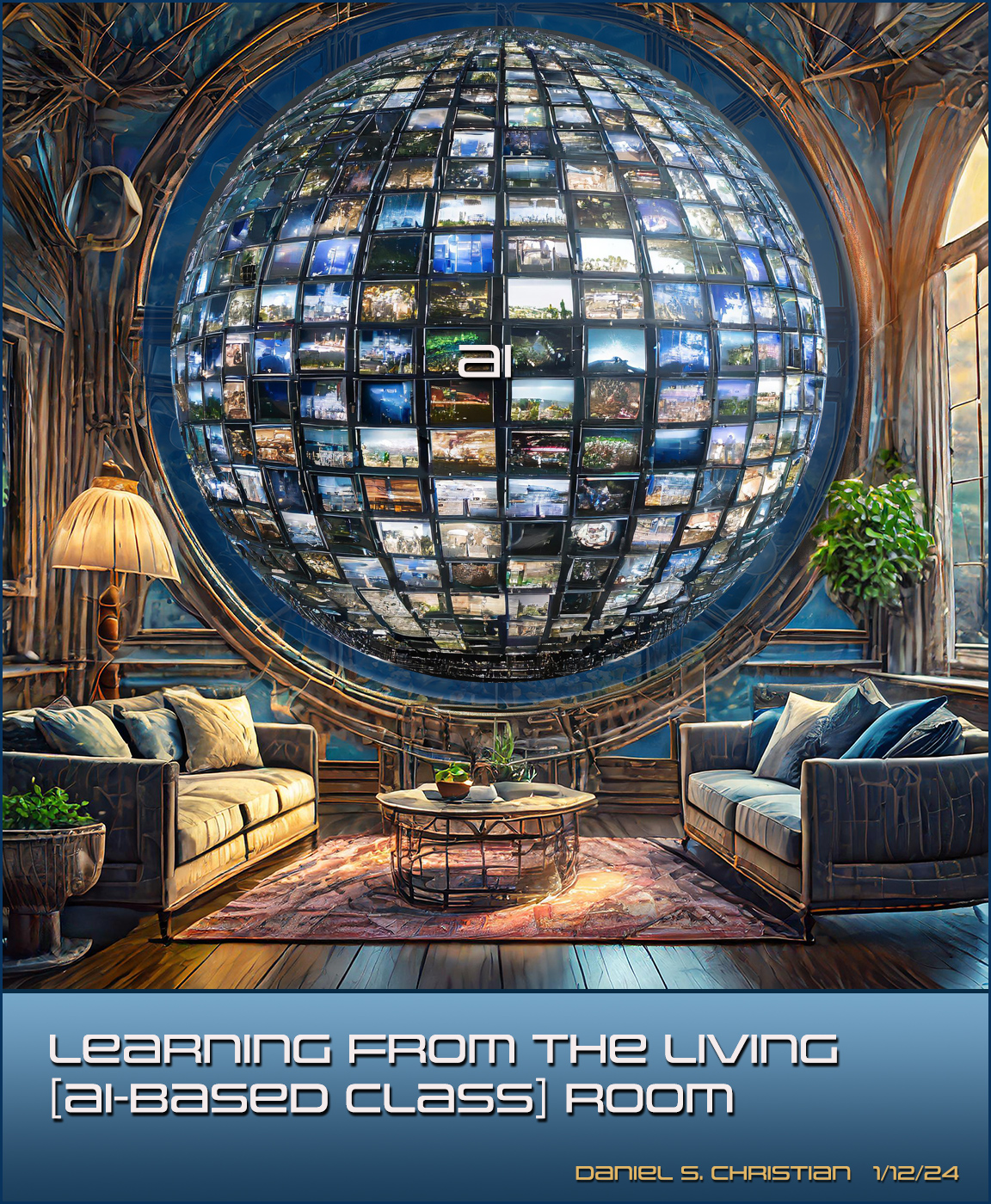Teacher Shortage: Is Hybrid or Remote Teaching the Answer? — from edtechmagazine.com by Adam Stone
In these uncertain times, K–12 schools use technology to better support students and teachers.
How Can Remote or Hybrid Teaching Help?
A shift to virtual learning can help close the gaps.
First, remote work can draw more people into the field. “For some folks, particularly with the pandemic and teaching for a year or more online, they found that model appealing to them from a professional and personal standpoint,” Carbaugh says.
While many educators still prefer face-to-face interactions, he says, others may find the ability to work from home appealing.
Virtual learning can also broaden the candidate pool in hard-to-fill roles. In STEM, for instance, “you might have someone who is willing to teach a class for you in addition to their normal job,” Speegle says. “They can teach computer science, biology or calculus for an hour a day, and they’re done.”
What Happens When Public School Districts Embrace Hybrid Schools? — from asthe74million.org by Eric Wearne & Tom Loud
With a fifth of its school-age children engaged in homeschooling, one Tennessee district found a way to connect them to the public system
With one in five school-age children engaged in homeschooling, Blount County Schools decided in 2018 to offer an option aimed at bridging the best of both homeschooling and public school, while offering a flexible schedule and college preparatory academics.
…
While the hybrid schooling model is not necessarily new, two developments have emerged in recent years. First, interest in attending, founding, and working at these schools has increased since the Covid pandemic; and second, conventional public-school systems are starting to get into the game.
Launchpad Jobs — from burningglassinstitute.org; via Paul Fain’s Education Pipeline posting
Launchpad Jobs highlights how nondegree workers can achieve career success through strategic job choices. It reveals that nearly 2 million workers without college degrees earn six-figure salaries, demonstrating that fulfilling and well-paying careers are accessible without a traditional four-year education.
The report identifies key 73 roles, termed “Launchpad Jobs,” that offer a combination of strong wages, job stability, and upward mobility. These include positions such as EMTs, electricians, and bank tellers, which often serve as steppingstones to long-term success. Using big data analysis of career histories this report maps the trajectories of workers starting in various roles, showcasing how initial job choices influence future earnings and advancement potential.
Why College Freshman Enrollment Declined and What it Could Mean for Students — from usnews.com by Sarah Wood
Experts cite possible reasons for the 5% overall enrollment drop in fall 2024 and implications for the current admission cycle.
From DSC:
Speaking of learning ecosystems, this next piece is absolutely incredible in terms of learning ecosystems from other nations!!!
China leads world in massive open online courses: Ministry of Education — from globaltimes.cn by Chen Xi; via GSV
China has established the world’s largest online education system, according to a document sent by the Ministry of Education to the Global Times on Wednesday.
As of now, the country has developed over 30 various online course platforms, with more than 97,000 massive open online courses (MOOCs) made available, 483 million registered users, and 1.39 billion learning instances. Additionally, 440 million instances of students obtaining course credits have been recorded, making China’s number of MOOCs and learners the highest in the world, according to the document.
Furthermore, a national smart education platform – the Smart Education of China in Higher Education – has launched 31,000 high-quality online courses, with 78,000 teachers participating in teaching and over 16.82 million users visiting, with more than 93 million visits, covering 183 countries and regions worldwide.
Many of these courses have garnered high praise among global students.
2025 Job Skills Report — from coursera.org
Uncover the fastest-growing skills with the Job Skills Report 2025. This practical resource draws on data from Coursera’s 5 million enterprise learners to highlight the skills and learning experiences that employees, students, and job seekers will prioritize for career success* in 2025.
This year’s report reveals that generative AI (GenAI) is the most in-demand skill, with enterprise course enrollments soaring by 866% year-over-year. By upskilling learners globally, industry, higher education, and governments can unlock AI’s potential $15.7 trillion in global economic value ?by 2030.**
Access the report to:
- Identify the fastest-growing skills in AI, business, data science, and technology.
- Compare skill priorities of students, employees, and job seekers.
- Understand how learners engage with AI learning experiences.
Break the monopoly on higher education pathways — from fastcompany.com by Antonio Gutierrez; via GSV
New models prove that younger and underserved populations are finding success with skills-based programs and hybrid educational models.
The Duet-SNHU model proves that accessible, flexible, and cost-effective alternatives are possible and scalable. Meanwhile, the explosion of nondegree credentials offers additional pathways to skills-focused career readiness, reflecting a growing appetite for innovation in education. To remain competitive in the global economy, the U.S. must embrace these alternatives while reforming traditional institutions.
Policymakers must prioritize funding based on performance metrics like graduation rates and job placements, and accreditors must hold institutions accountable for real-world outcomes. Business leaders, educators, and community stakeholders must champion scalable models that deliver equity and opportunity. The stakes are too high to cling to an outdated system. By disrupting the status quo, we can create an education system that serves all Americans and strengthens the economy for generations to come.










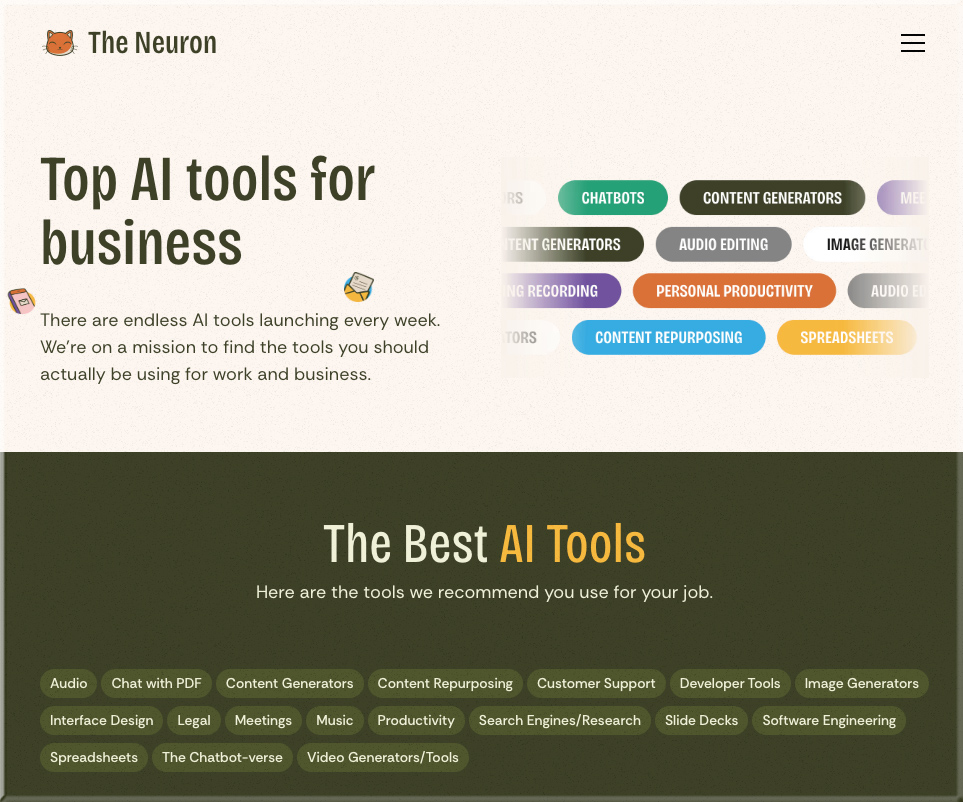

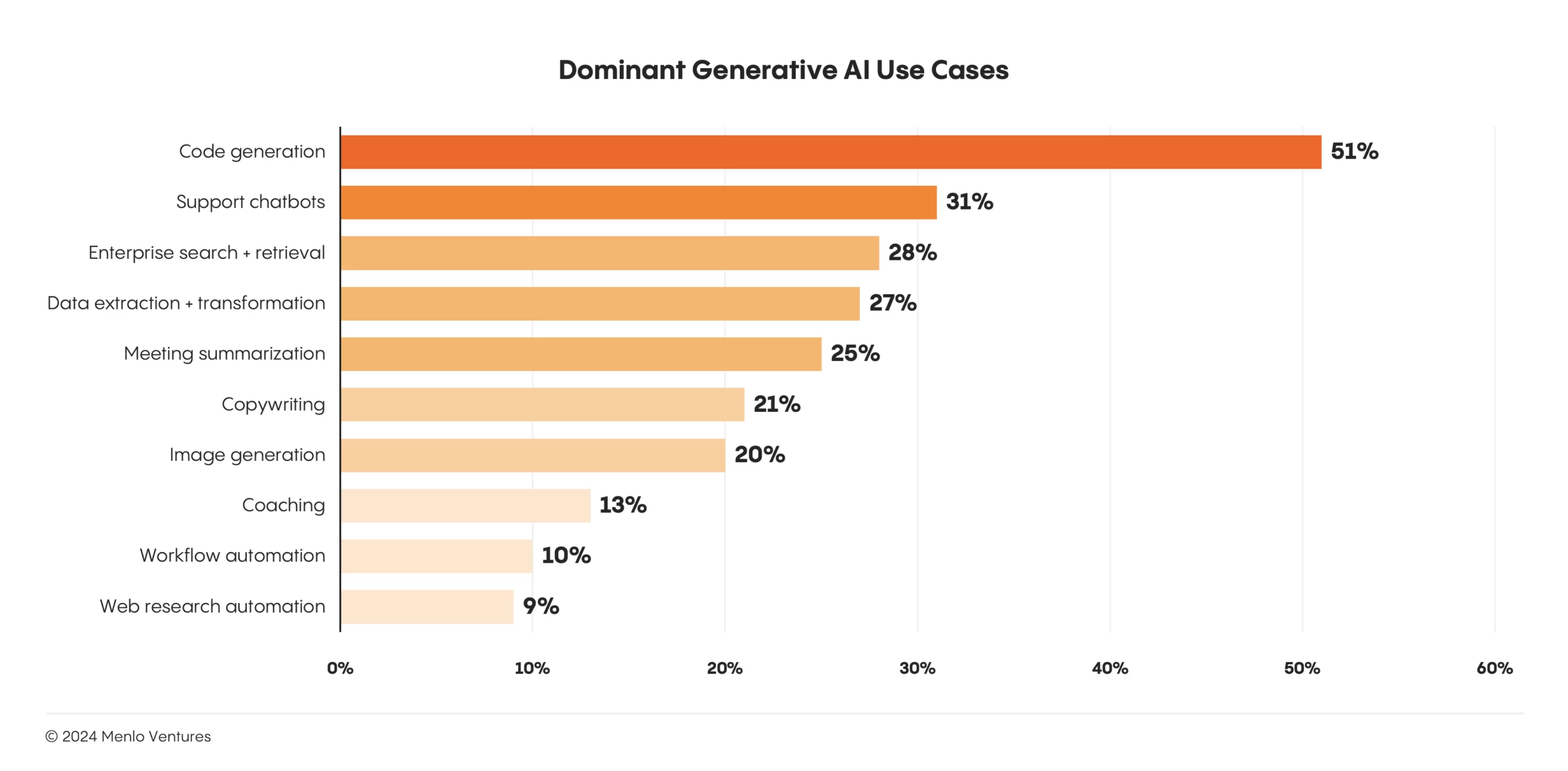

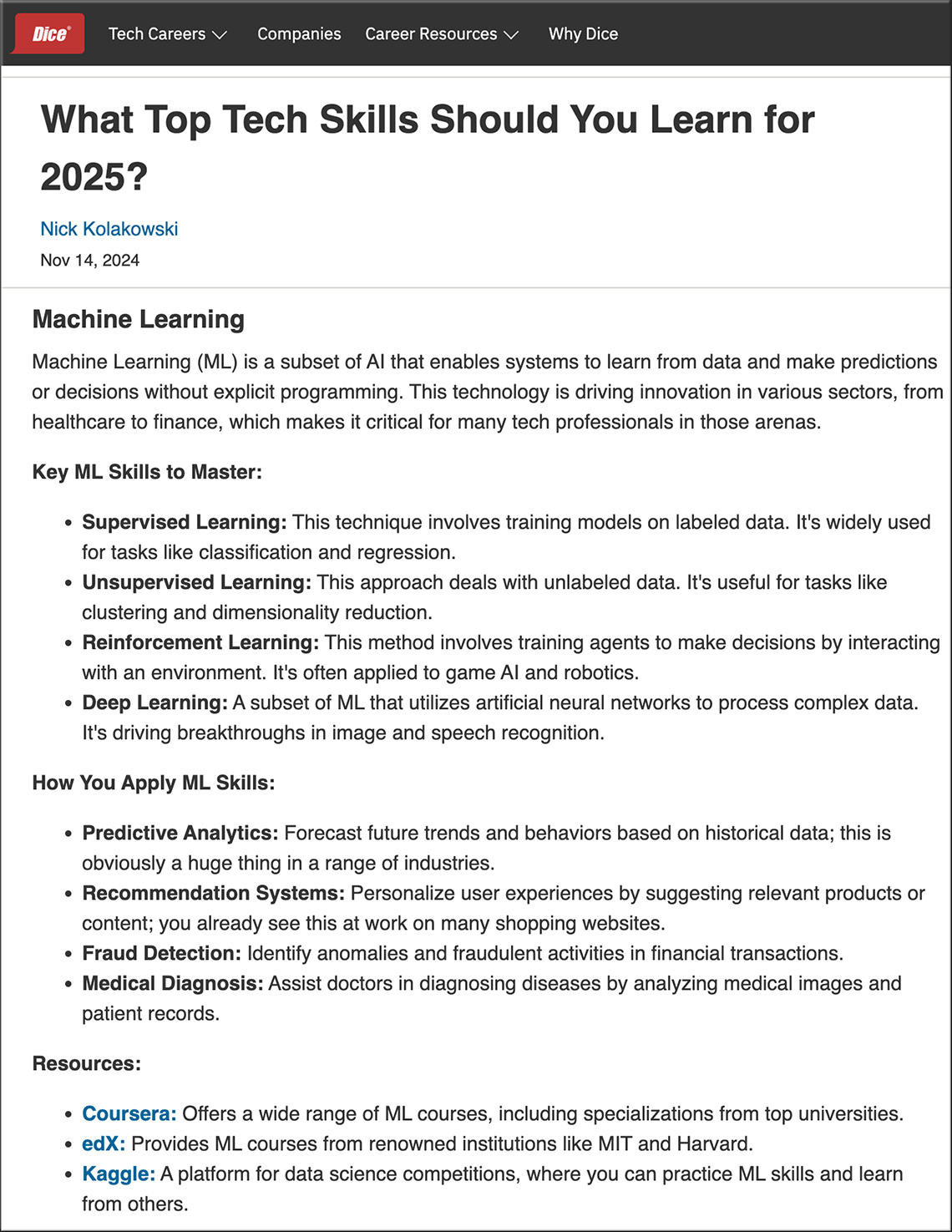
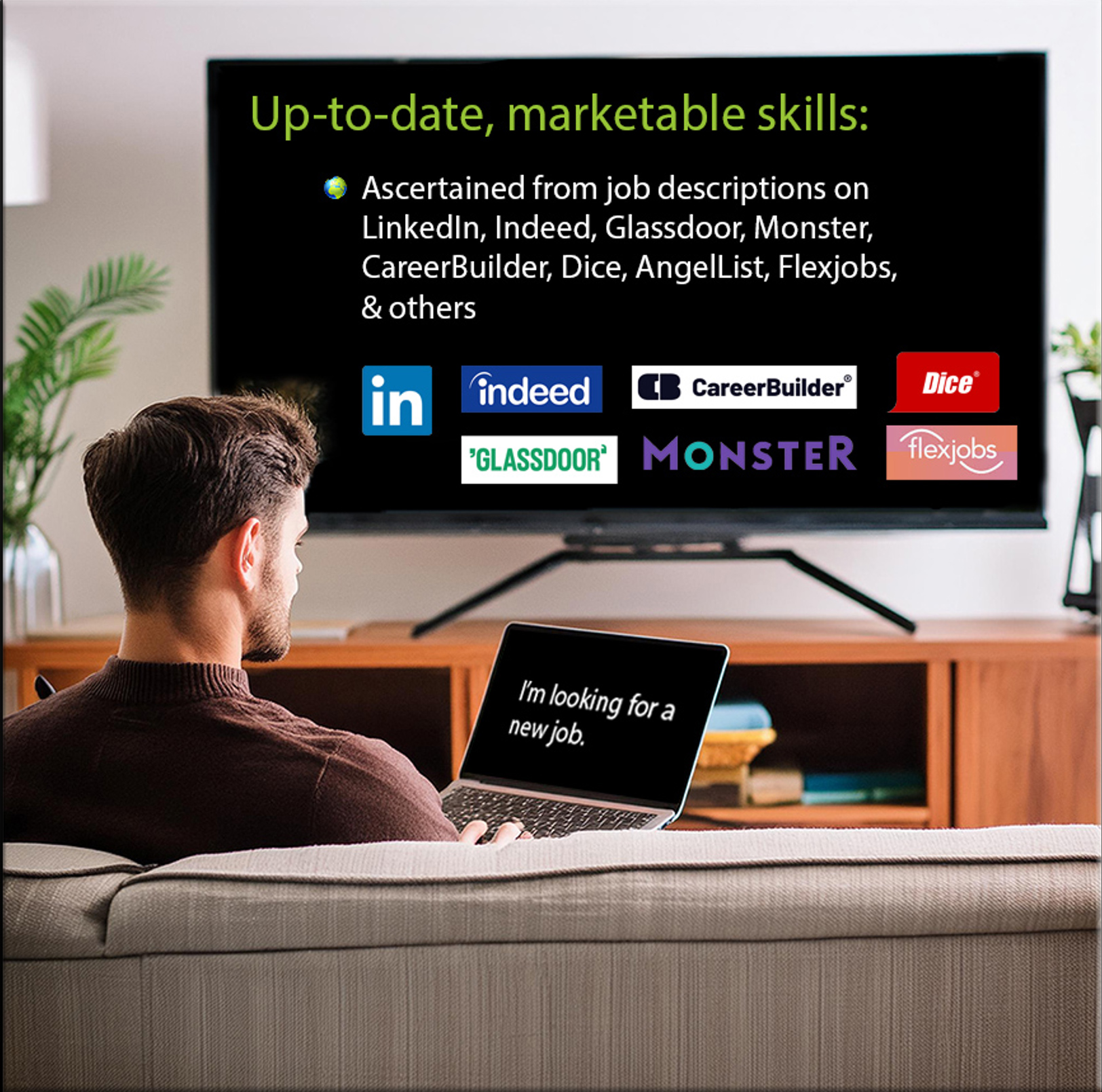
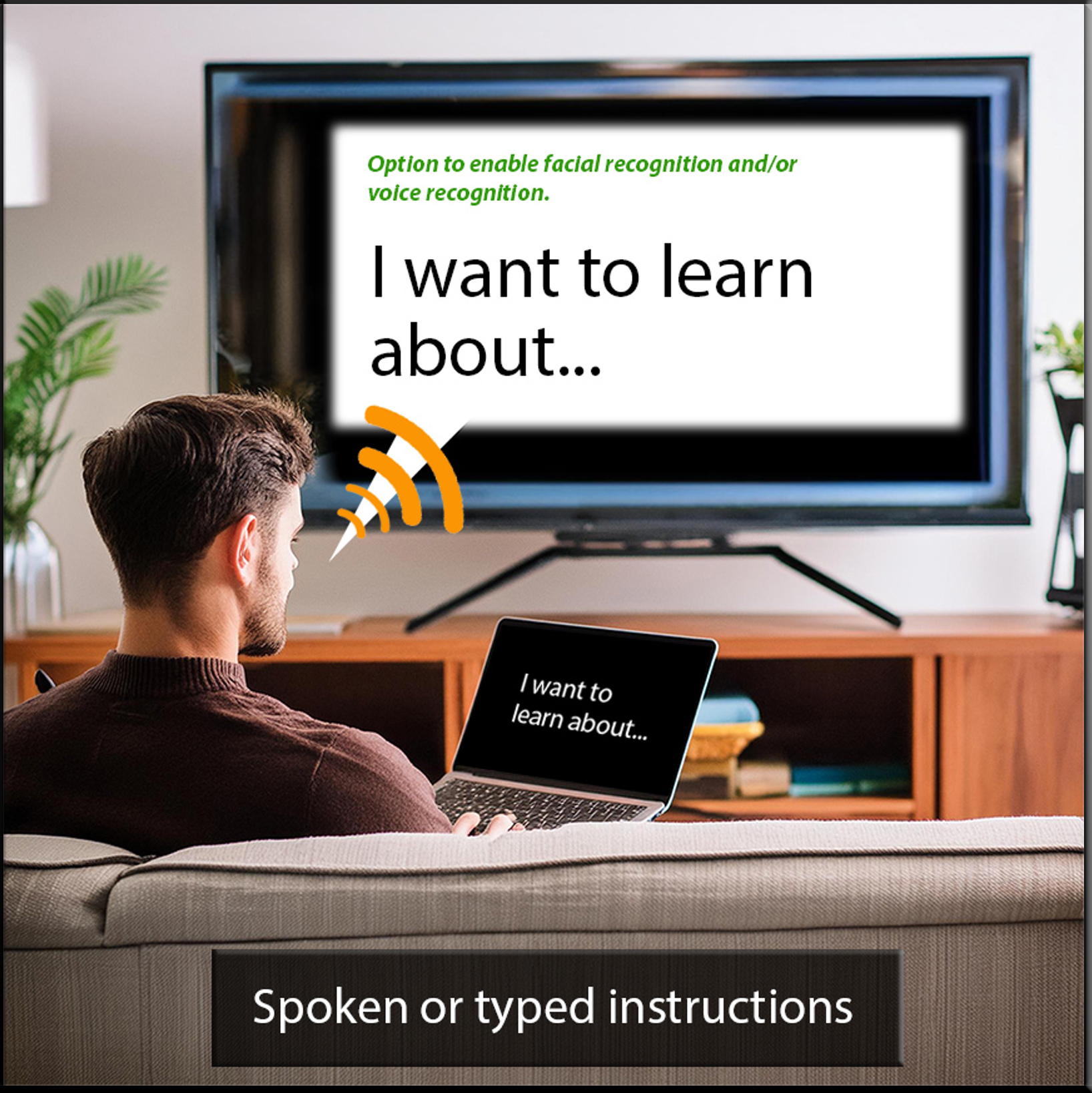
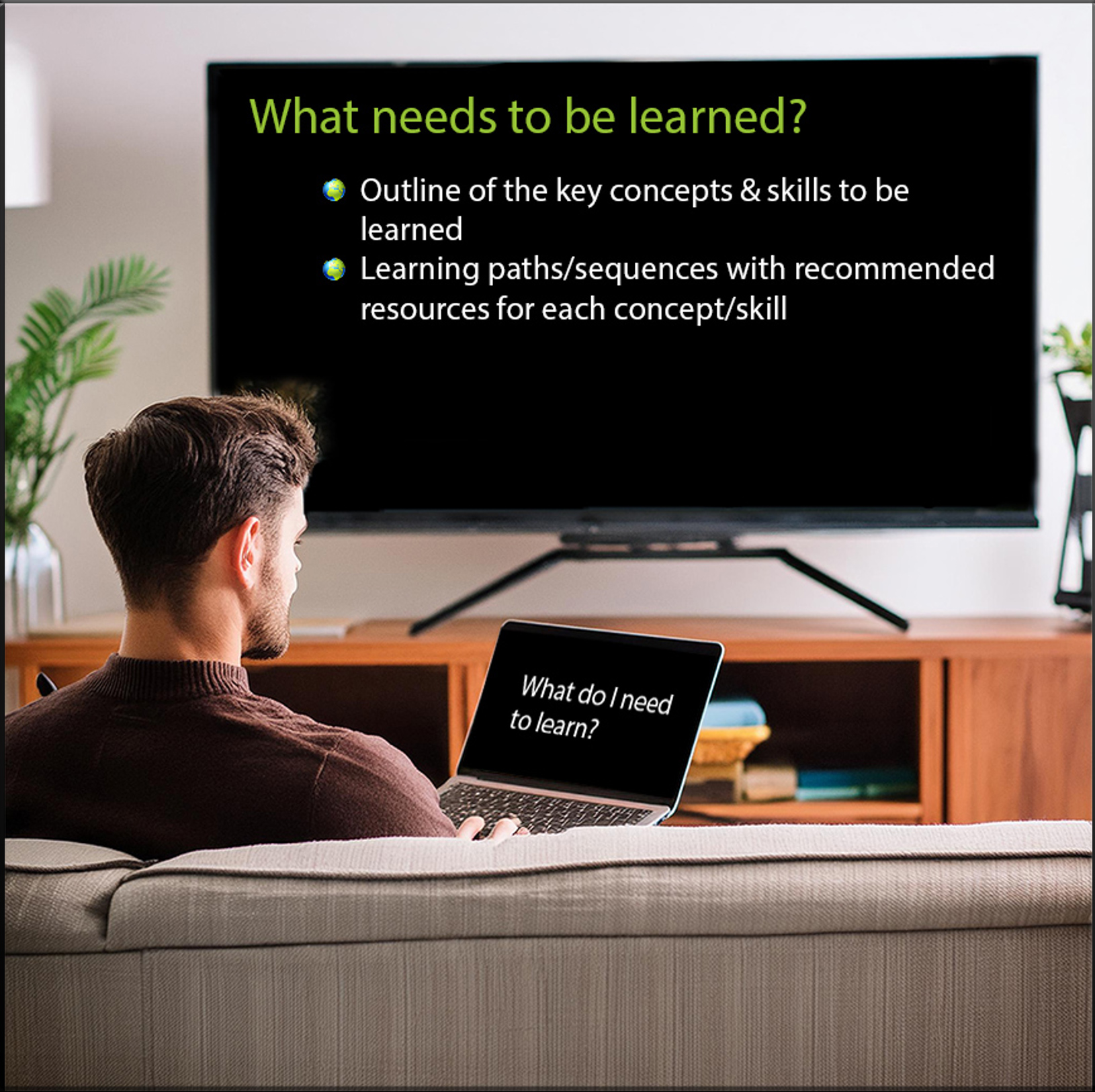


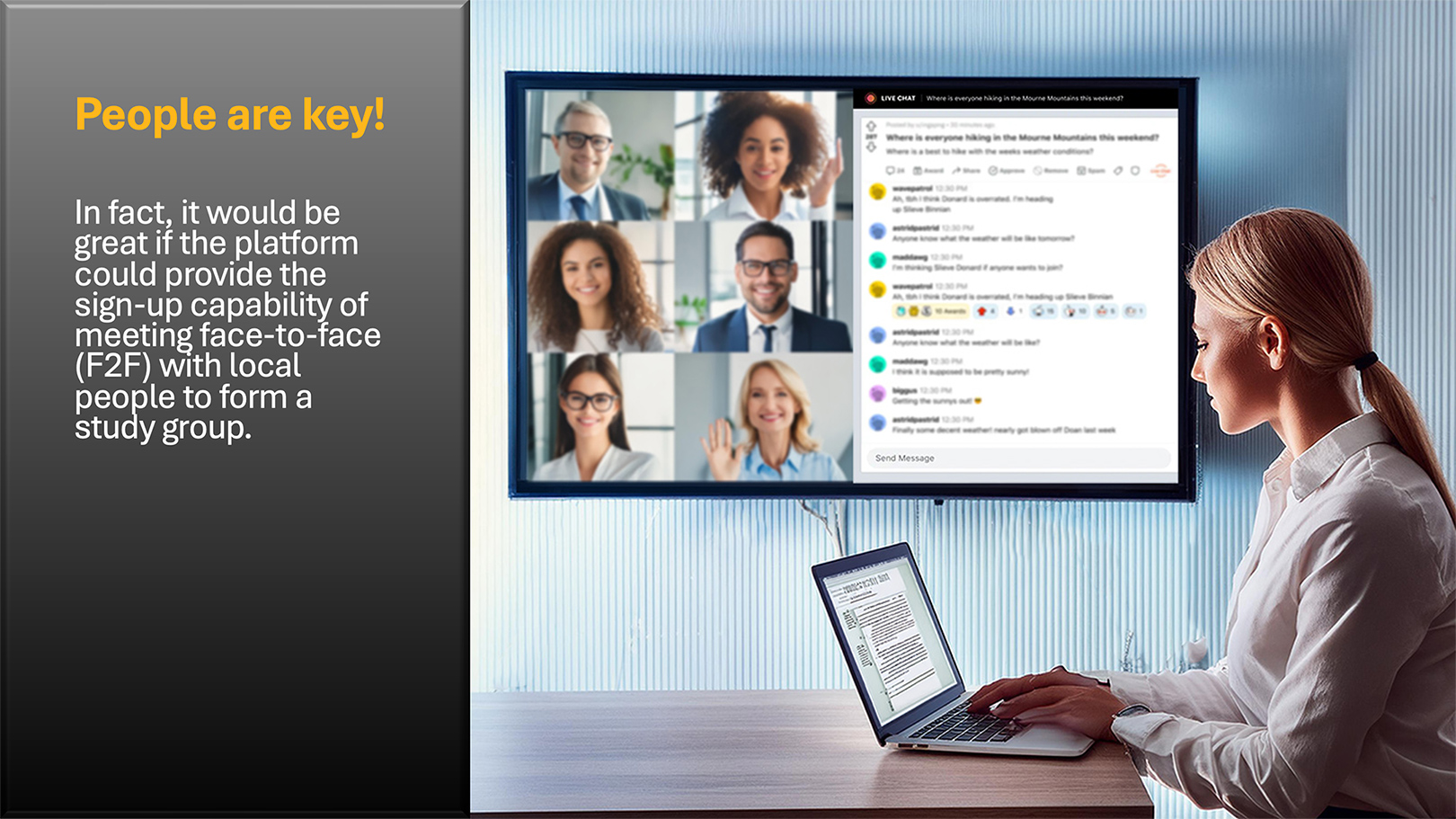
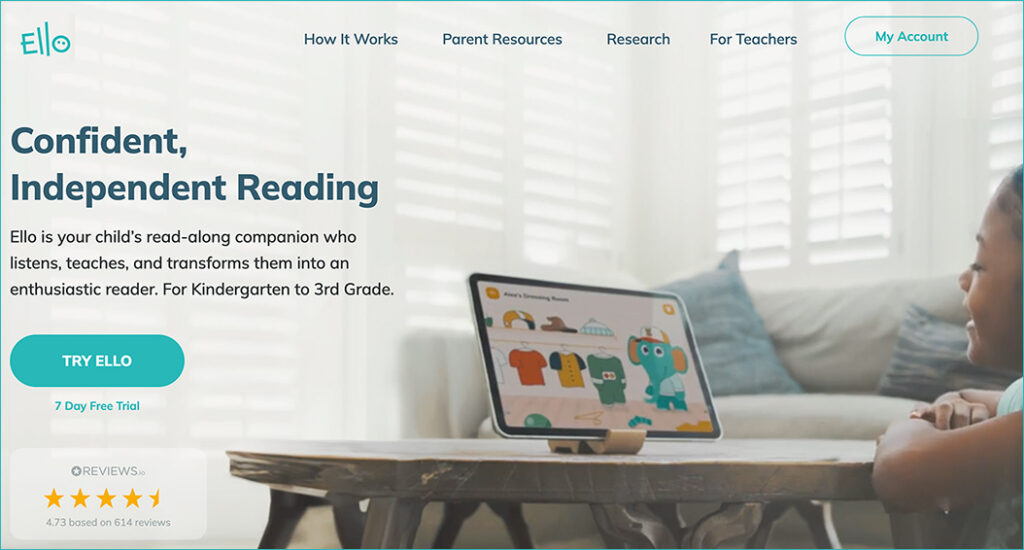
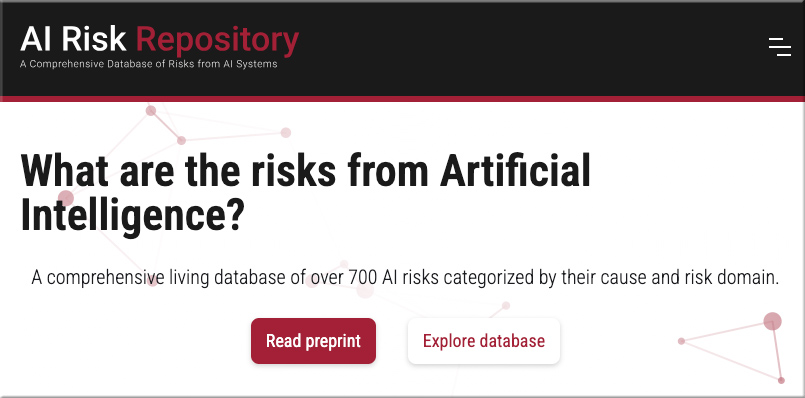







.jpg)

